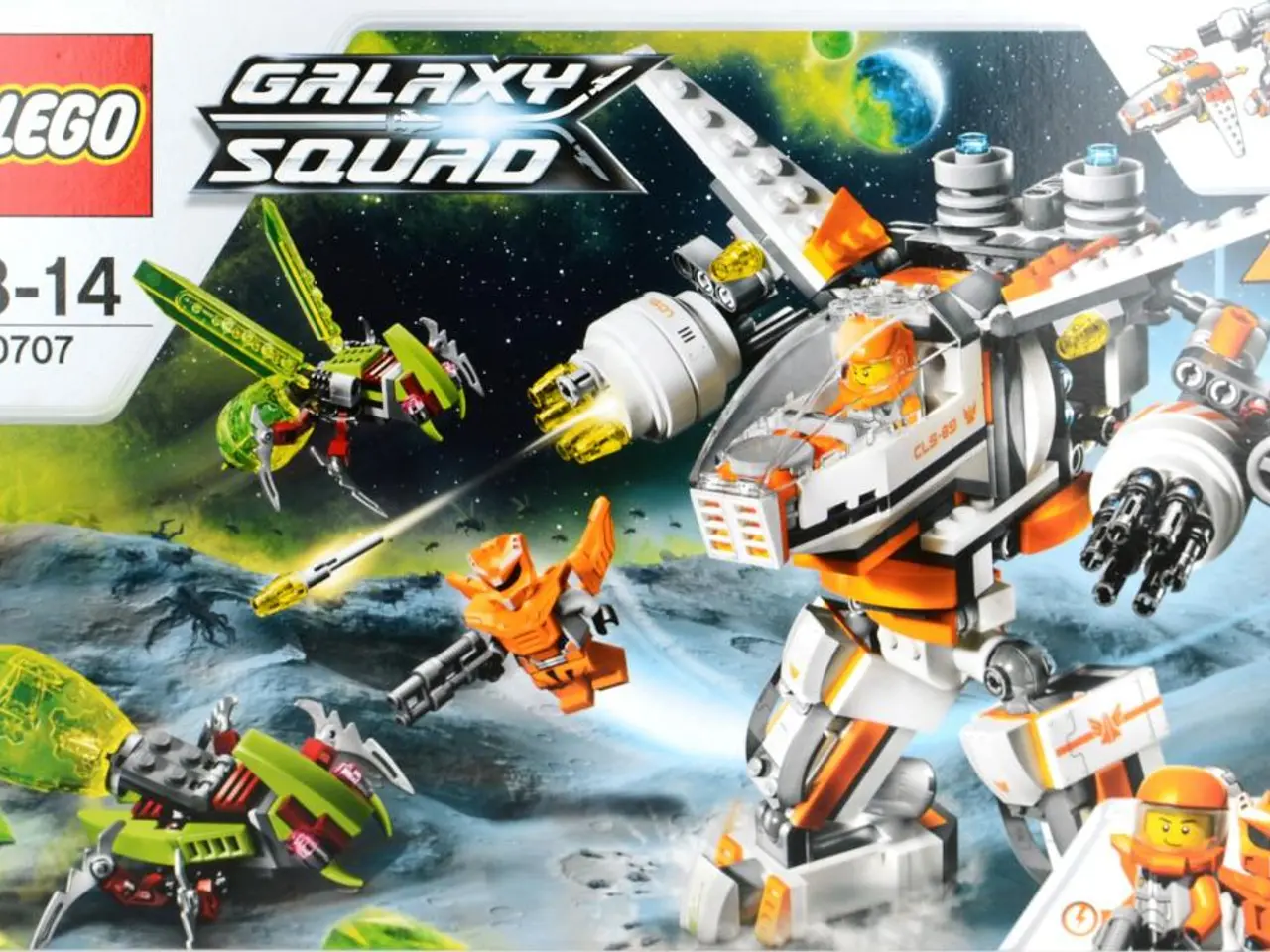AI-integrated Blockchain platform debuts by KUKE and Naxos for classical music distribution
Revolutionizing Classical Music with the Music LEGO Engine
In a groundbreaking collaboration, KUKE Music and Naxos Music Group have teamed up to create the Music LEGO Engine, a platform that aims to transform the classical music sector by integrating AI, blockchain, and Real World Assets (RWA) [1][2][3].
The Music LEGO Engine deconstructs classical compositions into modular components, similar to LEGO building blocks. These musical modules, which may include melody fragments, harmonic structures, orchestration elements, and performance styles, are standardized, independently licensable, and combinable [1][2][3]. Each of these musical modules is tokenized as NFT-based copyright certificates on the Naxos Music Platform, a blockchain network dedicated to managing the licensing, valuation, and fractional investment of modular music assets [2][3].
Smart contracts automate royalty and licensing payments on the chain, replacing existing opaque systems with transparent, auditable execution [1][2]. This setup serves as a foundational infrastructure supporting future AI-powered music creation, analytical tools, and blockchain-enabled copyright management products such as NFTs and financialized copyright trading [2][3].
The integration of RWA likely refers to bringing tangible asset data and rights into this digital ecosystem for valuation, licensing, and trading, thus bridging physical classical music assets with blockchain tokenization [1][4].
This innovative platform offers several potential benefits to the classical music industry:
- Granular licensing models: Musicians, publishers, and rights holders can license individual components instead of entire works, increasing flexibility and revenue streams [1][2].
- Enhanced rights management: Immutable, transparent blockchain records reduce copyright disputes and improve royalty distribution efficiency [2][3].
- AI-enabled creativity: The modular database accelerates AI training and new creative tools for music generation, remixing, and analysis, fostering innovation and collaboration between humans and AI [2][3].
- New financial products: Blockchain-enabled trading and NFTs allow monetization and investment in specific music assets, opening classical music to new markets and investors [2][3].
- Sustainable ecosystem: Transparent smart contracts encourage fair, automated royalties and licensing, potentially increasing fairness and sustainability within the classical music value chain [2].
If successful, the Music LEGO Engine could set a precedent for other genres in the music industry. It is expected to provide new investment opportunities, support a more decentralized and transparent rights economy, and offer a more sustainable ecosystem for both content creators and rights holders [1][2][3].
Naxos Music Group will contribute its extensive content resources and global service infrastructure to the project, further enhancing its potential impact on the classical music industry [5]. The platform seeks to modularize music copyrights by breaking down elements such as melody, harmony, orchestration, and style into standardized, licensable units [4]. The long-term objectives include expanding into AI-assisted orchestration [1][2].
In conclusion, the Music LEGO Engine represents a transformative intersection of technology and classical music, promising to modernize rights management, empower creators, and unlock new economic models in the classical music industry [1][2][3].
Read also:
- Rapid Construction of Rajasthan's 435 Megawatt Solar Power Plant in Eight Months Reduces Carbon Dioxide Emissions by Over 700,000 Tons
- Plastic apparel shipments from the EU to Kenya reach 37 million units, revels fresh data report
- Website Autovista24 employs cookies to enhance user's web browsing experience
- Tesla's Semi truck to ramp up mass production by 2026






